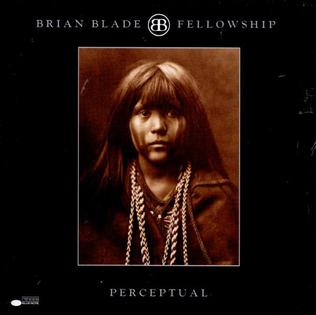Kurt Rosenwinkel, 'The Next Step' (2001)
At the end of Playing Changes is a list: The 129 Essential Albums of the Twenty-First Century (So Far). I organized these by year, and then alphabetically by artist name. I'll be running them down here, in that order. (No one appears more than once as a leader, though there’s ample overlap in personnel.)
Kurt Rosenwinkel must known something when he titled his fourth album The Next Step. A guitarist who emerged in the 1990s, conversant in the post-bop tradition but eager to forge his own style and sound, he made a personal breakthrough here — crafting a statement that has deeply informed more than one subsequent wave of the modern mainstream.
The Next Step features a quartet of peers, honed sharp by many hours on the bandstand at Smalls Jazz Club, where they basically had the run of the place. Along with the brilliant tenor saxophonist Mark Turner, a former classmate of Rosenwinkel's at the Berklee College of Music, this band included Ben Street on bass and Jeff Ballard on drums. Together, on the album, they sound both reflective and radiant.
The influence of their style, floaty and glowing and alert, has been so pervasive in recent years that it can be easy to forget how new it felt in 2001. At the time, that inward-seeking quality could even be processed as a limitation. Reviewing the band at the Village Vanguard for The New York Times, Ben Ratliff characterized The Next Step as "the epitome of sensitive, modest-tempered art, the kind that doesn't assert itself until the moment is right."
The moment has been right for a while now; these musicians were working toward something enticing yet elusive, just beyond the visible horizon. But it's not as if the message couldn't be absorbed from the start. Listen to "Zhivago," the opening track on The Next Step, and you hear a full sweep of characteristics that define Rosenwinkel's sound — and a harbinger of things to come.
Purchase The Next Step at Amazon, or stream it on Spotify or Apple Music.



